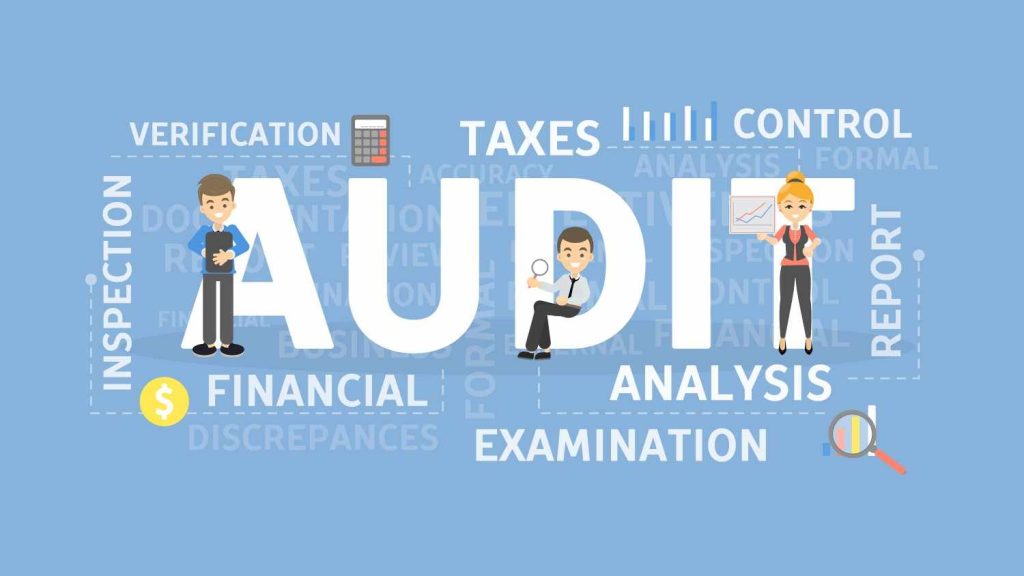What Are the Key Challenges Facing Auditors in the UAE?

Auditors are an important part of the United Arab Emirates, Dubai, to ensure accountability and financial transparency for the different organizations and sectors. Challenges that auditors face range from regulatory requirements to emerging technologies. For auditors to ensure high standards of practice, there is a need to be aware of the emerging challenges and ensure due planning on their end. In this blog, we will discuss the key challenges faced by auditors in UAE and suggest how they can act to mitigate these challenges to provide good service delivery.
1. Navigating Regulatory Compliance Issues in Dubai, UAE
Regulatory compliance remains one of the major concerns faced by auditors in Dubai, UAE. Already, Dubai has a complex regulatory environment where the updating of standards and requirements happens so frequently that it has become a challenging task for auditors to adapt to. Auditors are under constant surveillance with respect to being updated on the latest regulations in order to meet standards in both local and international audits.
The government therefore encourages close compliance in ensuring that there is economic stability and financial misfeasance’s are eluded. Auditors must then be circumspect and careful with the work they do as regulatory compliance might penalize both firms and clients. Dubai auditors are hence constantly trained on local and international compliance in maintaining changing standards in this area.
2. Keeping Abreast of Rapid Technological Changes
Technological advancement keeps transforming the audit profession throughout the world; Dubai, UAE, is no exception. Starting from data analytics to artificial intelligence, technology has transformed the way audits are conducted. However, the change in technology has proved to be very challenging to adjust for many auditors.
Advanced application of technology requires specialist skills, which could be quite a learning curve for the traditional auditing teams. The high cost of the technology itself and continuous training is also a complication. Abu Dhabi auditors must invest in technology-driven training to compete in the tech-savvy audit market.
3. Client Expectation Management in Dubai, UAE
Another challenge facing auditors is the client expectation in Dubai, UAE. In the current world where stakeholders are increasingly demanding transparency, clients need more from their auditors in terms of insight and recommendations. This calls for auditors to do more than just the traditional work and offer strategic advisory services.
These expectations may stress audit teams, as they require more time, expertise, and communication. Auditors in Dubai, UAE, have to develop clear terms of engagement and keep open lines of communication to fulfill clients’ expectations and enable them to understand what is realistic to deliver.
4. Active Risk Management and Assurance
Auditing is a very demanding yet vital task here in Dubai, UAE, as it leads to the derivation of identifying prospective financial and operational risks for their clients proactively. It requires deep market knowledge and great analytical skills on the part of auditors.
The Dubai business community is so diverse and dynamic that risk factors are complex; hence, auditors have to be observant and current with emerging market trends that may present risks. By staying ahead of such risks through proactive measures to address them, practicing auditors in Dubai will be protecting not only their clients but also enhancing their credibility as trusted advisors.
5. Focus on Continuous Professional Development
Auditors operating in Dubai, therefore, have to be well updated with continuous professional development to meet the arising challenges in compliance, technology, and client management. Auditing being a concept under dynamic changes requires that accountants in Abudhabi performing audit work should always be at the forefront in updating their knowledge and proficiency.
Courses for certification and training are provided by many professional bodies, of which the UAE Accountants and Auditors Association is a part. Auditors in Abudhabi, in pursuit of high standards, should make full use of the services available to them. License auditors in Dubai can enhance their capabilities, particularly when competing in the market, through continuous development by investing in themselves.
Conclusion
Approved auditors in Dubai face a lot of multilayered challenges that need attention through being proactive and adapting to change. From staying updated with the latest laws and regulations to managing client expectations, every path to success has its own set of bumps to cross. Continuous professional development and technology adoption will help upgrade the auditor’s service delivery capabilities to match the challenges. If adapted correctly, auditors in Dubai will not only meet the needs of their clients but also facilitate financial transparency and stability of the UAE economy.